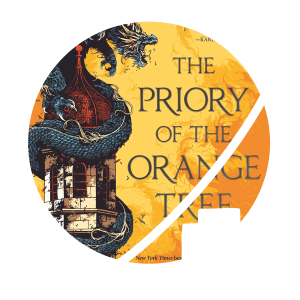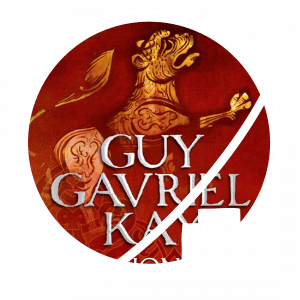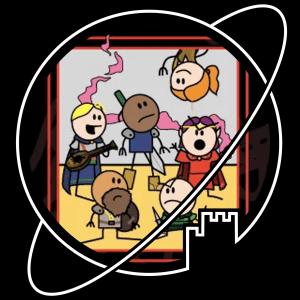- Novel written by Ken Liu
- Published 7 April 2015
- Part 1 in the Dandelion Dynasty Series


Listened to the audiobook with Michael Kramer. Fine narration.
After finishing Ken Liu’s The Paper Menagerie and Other Stories, I was very keen to dive into his debut novel The Grace of Kings. I was really curious what a (very) long form fantasy novel/series by the same author would be like.
The Grace of Kings is advertised as a ‘silkpunk’ epic fantasy and that gave me the mistaken impression that it would be an alternate history focussing on the development of Chinese or more generally East Asian technology.
Instead, I was presented with an uninspired, mostly culturally agnostic epic low fantasy with a couple of completely out of place technological developments tossed in to make it speculative.
That is pretty tough criticism, but I really had to push through and very nearly failed to finish The Grace of Kings altogether.
My main issue with the book is that none of the characters come alive. The book covers a lot of time and a multitude of events, and the result is that it is mostly a long and continuous description of developments from a bird’s eye view, with the occasional line of dialogue or scene mixed in to keep the story at least somewhat tied to the nominal main characters.
If I had to compare The Grace of Kings with anything else I’ve read, it comes closest to Herodotos’ Histories in style, with the footnote that it is entirely (as opposed to mostly) made up.
Now, I understand from reading a little online (and feeling that some of the plot elements were very familiar) that Liu draws heavily on Chinese legends from the Chu-Han Contention in the late third century BCE. And maybe a retelling of those legends for Western audiences could have been written in the style that Liu used for The Grace of Kings (and maybe that would have been a better project).
But as a modern fantasy novel, I just found the non-personal, plot-focused style …boring. The fact that Liu took a lot of the more interesting character background straight from existing legend does not exactly help to raise my opinion of the book.
The result is that I was never invested in any of the outcomes in The Grace of Kings and it felt like a 22 hour outline of a yet-to-be developed fantasy novel. In the end, I think The Grace of Kings is a missed opportunity to bring a new culture into the realm of fantasy and to tell a story that is fundamentally different from run-of-the-mill medieval European fare.
I could add a number of minor gripes to this review – I did not think the politics were particularly clever, I did not like Liu’s treatment of battles, I did not like the role of women in this book, I did not like the just-so nature of technological innovation, I zoned out throughout pretty much all of the deity dialogues. But I think I have made my point clear.
Looking at reviews online, I find that the book is pretty divisive, with some people praising it to high heaven as one of the best books they have read, versus an exceptionally high number of people who didn’t bother to finish.
My take away from that is that if the book does not grip you in the first 100 pages or the first few hours of listening, you’re probably in the second group and I would recommend you not waste any more time. There are plenty of other books to read instead if you’re craving Asian-inspired fantasy with larger narratives (such as The Priory of the Orange Tree or She Who Became the Sun).














